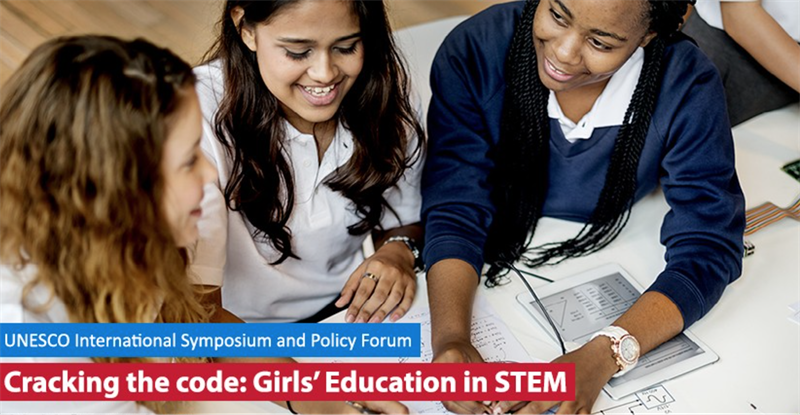THE PROGRAMME AIMS TO BOOST TEACHING OF ROBOTICS, ARTIFICIAL INTELLIGENCE, AND 3D PRINTING FOR SUSTAINABLE DEVELOPMENT GOALS.
 The National Commission for UNESCO has partnered with the Department of Education to introduce the UNESCO STEM Education Programme in order to build capacity and train teachers to become master trainers in the areas of Robotics, Artificial Intelligence, and 3D printing for Sustainable Development Goals (SDGs).
The National Commission for UNESCO has partnered with the Department of Education to introduce the UNESCO STEM Education Programme in order to build capacity and train teachers to become master trainers in the areas of Robotics, Artificial Intelligence, and 3D printing for Sustainable Development Goals (SDGs).
The four-day training, which was conducted in July, had as its main mission to inspire the next generation of world’s thinkers and makers with accessible, hands-on robotics and machine learning experiences and to increase awareness and understanding of Artificial Intelligence (AI) by making machine learning approachable, rewarding and most of all fun.
Secretary General of the National Commission for UNESCO Marcia Symphorien said the training programme is supportive of the Ministry of Education’s ICT in Education Policy, which builds upon previous initiatives of computer coding and robotics in schools.
“The organization believes Artificial Intelligence has the potential to revolutionise STEM education through innovative teaching and learning practices which contribute to higher student engagement and enhanced problem solving skills, new opportunities for learning, enhanced creativity and the promotion of gender equality,” she said.
Curriculum Officer for Science and Technology Giannetti George said the programme will ultimately foster an increase in the uptake of these kinds of technologies for solving community challenges, and a move towards the Sustainable Development Goals. It is intended that the programme be tested at a number of pilot schools, with the eventual integration and adaptation in the national schools curriculum.
“We will also like to see the promotion of skilled development for jobs in this area of Artificial Intelligence. We want to ensure that there is inclusive and equitable use of artificial intelligence and the knowledge associated with in 3D printing, and we want to see both boys and girl involved in in STEM Education,” she said.
The National Commission for UNESCO has also been instrumental in donating micro-science kits for distribution at primary and secondary schools on the island. These kits will support the delivery of science education by providing teachers and students with the capacity to conduct experiments in a number of subject areas including biology, chemistry, physics and electricity.
“And because they are micro-kits it means that they are portable, they can be carried anywhere, and that we do not need to spend large sums of money in the purchasing of materials that are needed to use the kits. It means that those kits can be used before students go into an actual laboratory. They get to use equipment and get to work as scientists anywhere.”
This is the second installment of science kits received by CAMDU from the National Commission that it believes will be beneficial to students of any age.